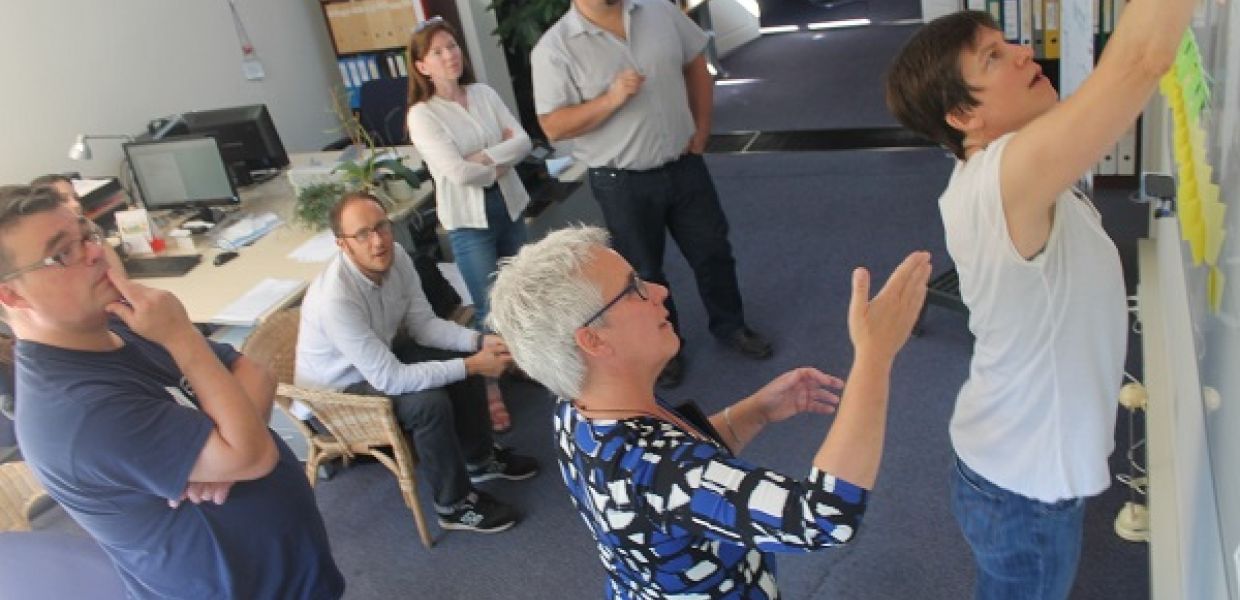History educators can now create their own online learning environment with Europeana

History educators from EUROCLIO – European Association of History Educators, and professional web developers from Webtic, are working on the development of a new online learning environment. Part of the Europeana DSI2 project, it aims to enable educators to create learning activities in their own language, using and rearranging building blocks specifically designed for history education practice. Integrated in the current historiana.eu website, this learning environment will help educators make the best use of digital cultural heritage’s learning potential, regardless of their confidence with digital tools. EUROCLIO and Webtic are currently working to implement the Europeana for Education Policy Recommendations with developers of educational resources to build, test and promote tools and services that can be used in all languages.
Whereas most online learning tools are created by educational publishers, or commercial companies, the development of this online learning environment is led by a not-for-profit professional association of educators. Educators have informed each step of the design: from sketch, to click-model, to proto-type and beta-version. EUROCLIO and Webtic have worked together for over five years: they found ways to overcome the barriers that usually stand in the way of an effective cooperation between specialists in ICT and education.
The online learning environment does not only make it possible for educators to create their own online learning activities using a series of logical steps, as other websites such as learningapps.org and docsteach.org already offer: it also enables users to combine different building blocks and decide on the order.
The building blocks are designed to help students learn aspects of historical and critical thinking, such as comparing and contrasting sources, making judgements, prioritising, and organising information. This is much needed, as most educational tools focus only on acquiring or testing knowledge (usually in the form of quizzes), or helping students use different media to present information in new ways.

History educators from EUROCLIO and web developers from Webtic work together on the design of the tools for Historiana.
Short links, starting with hi.st, will allow educators to share their online learning activities with colleagues (who can take and adapt this activity to their needs) and with students who can then do the online learning activity. The choice for links ensures that educators can fit the online learning activities in their existing workflows.
The online learning environment will be presented to the wider public during the 24th Annual Conference of EUROCLIO in Donostia – San Sebastián (Spain) from 2-7 April 2017, and used for the workshop Find out how insanely easy creating your own online learning activities for history can be. EUROCLIO will then continue to work with educators from its network to demonstrate how to create online learning activities with the content from Europeana.
For more information, email Steven Stegers.

